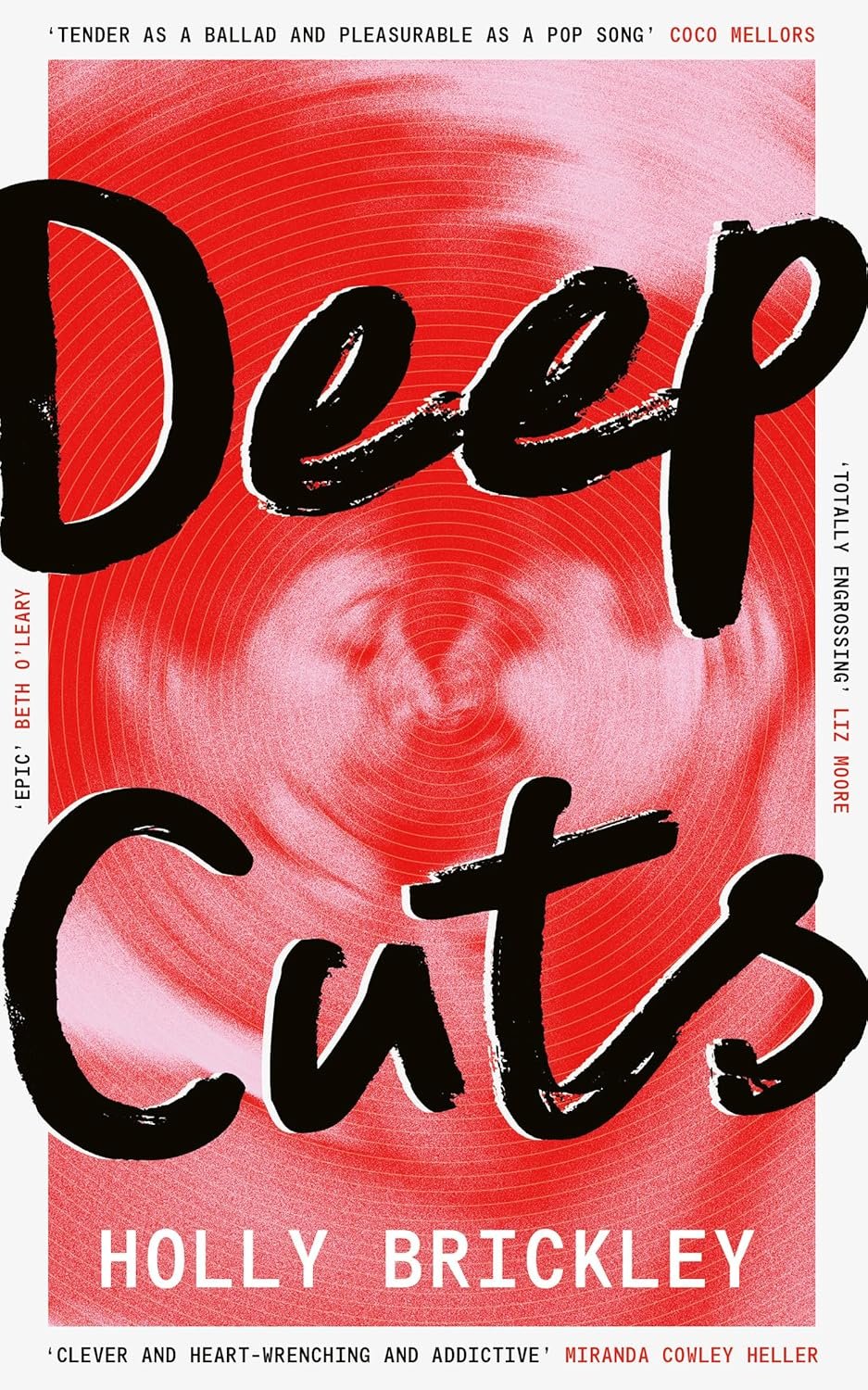A Conversation with Nicola Dinan
Congratulations on the publication of your second novel, and we’re so happy to be featuring Disappoint Me as our January Book of the Month!
First, I just wanted to ask how the writing and publication process has felt this time around. How has the experience differed for your second book?
Let me preface this by saying: I’m really excited for Disappoint Me to be published, and I think it’s a really good book.
That being said, second books are difficult. I now write with a greater awareness of my own mistakes, and I also write with the weight of expectation. The novelty has also worn off, and I’m much more aware of everything that can go wrong! It’s probably made the lead-up to publication more difficult this time around. I can’t really say I’ve been particularly chill. Honestly, diva down!
I read that you once described yourself as a ‘serial quitter’, having studied science and law before starting your writing career, so I’d love to know what it is about writing that has captured you? And do you find kernels of your past careers/interests weaving their way into your work?
Oh no! I would hate for that to be my epitaph. It’s hard to describe why I like writing, which I think is an indication that I must really like it. It’s more emotive than cognitive – I feel good doing it. I really enjoy the verb.
I’m not sure I enjoyed lawyering or studying in the same way, but there were definitely parts that interested me – the personalities around me, what draws people to those modes of thinking or performance. I find myself inserting lawyers into a lot of my work because of that, and I find myself revisiting ideas which I studied a long time ago. I really enjoy it – it’s like our own personal histories are a unique fingerprint which we use to write fiction.
How would you describe Disappoint Me to anyone who hasn’t read it?
Elevator pitch: it’s an interrogation of modern heteronormativity told from the perspectives of a trans poet, Max, and a cis corporate lawyer, Vincent. There are two timelines: Max in 2023, and Vincent on his gap year in Thailand in 2012 (nightmare!).
The dual perspectives in your writing are so powerful and so beautifully done, as the reader is granted access to different points of view and perspectives that change throughout the reading experience – how do you think a dual perspective can affect and enhance a book? And would you consider writing from just one perspective in the future?
I like offering different vantage points to difficult problems. As you might expect, Vincent’s gap year doesn’t paint an entirely flattering picture of him. Yet what does it mean to live through those events with him and see them retold in the future? How might Max’s impression of Vincent contradict or align with what we see in his chapters? The characters and issues in my book are complex, and I think a dual-narrative serves that.
Never say never, I suppose, but for now I can’t see myself writing from just one perspective. It’s a little bland to me. In fact, moving forward I’m actually looking to expand! I’m very drawn to close third person narrators, weaving in and out of many different perspectives, even within the same scene.
In terms of characterisation, what is your writing process? Are you a big planner, or do your characters become more fully formed as you go? I’d love to know more about how Max and Vincent came to life in your mind!
I do think writing characters is a little bit like dating them. I have an idea of their profiles, but I get to know them better as I move through iterations of the novel. I don’t plan my scenes, and I rarely plan plot, which means I’m often making decisions for my characters as I write them, stepping into their shoes. My characters make more sense to me this way.
Max is quite similar to me in a lot of respects, and so her genesis came quite easily. I wasn’t quite sure who Vincent would be until I wrote that first chapter – I had to really think about what Max was looking for, who would represent the safety she craved.
Read the full interview in our Spring zine. Subscribe here.
Editorial Picks





